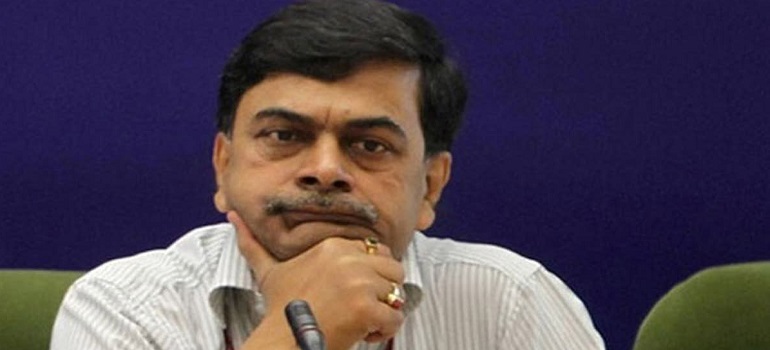
Union Minister Raj Kumar Singh Wednesday pitched for creating a policy framework to further propagate the use of solar energy in the dairy cooperative network for benefit of farmers. The entire dairy chain from village-level milk pooling to product delivery is energy intensive. Extensive use of solar energy in dairy value chain can significantly reduce operational cost and promote use of clean energy, he said.
Speaking at a workshop organised by the National Dairy Development Board (NDDB) here, Singh “stressed on the need of creating an enabling policy framework to further propagate usage of solar energy, utilising the dairy cooperative network for the benefit of farmers”
Presently, the Centre is promoting solar pumps in the agriculture sector to ensure use of clean energy and at the same time reduce farm subsidy burden, the Minister of State for Renewable Energy said in a statement.
He said GRID-connected solar pumps is an alternative which while ensuring water for free for farmers will help them earn additional income by selling surplus energy.
The dairy network has around 1.65 lakh village-level dairy cooperatives, 218 district/ regional/taluk unions and 24 state dairy federations. About 15 million milk producers are affiliated with this network.
As at March-end 2018, the network maintains 72 million litres per day (MLPD) of processing capacity, 18 MLPD of chilling capacity and 38 MLPD of village-level milk cooling capacity.
NDDB Chairman Dilip Rath said the Board has started application of Concentrated Solar Thermal Technology (CST) in dairy processing plants to partly address the need of thermal energy in dairy cooperatives.
So far, 15 CSTs have been installed in dairy cooperatives in four states — Maharashtra, Punjab, Gujarat and Karnataka — with the help of capital subsidy support form the Centre and United Nations Development Programme (UNDP), he said.
CST can reduce the annual heat demand of the processing plant from 5 to 15 per cent, he added.
The NDDB chief said the Board has stared propagating solar energy-run village cooperatives across the country after successful experiment of installing GRID-connected Solar PV systems with storage (if required) in village-level dairy cooperatives or milk collection centres.
The workshop highlighted solar energy as income source for dairy farmers. DISCOMs shared their initiatives and promoted the concept of solar as remunerative crop, the statement added.
Source: PTI
